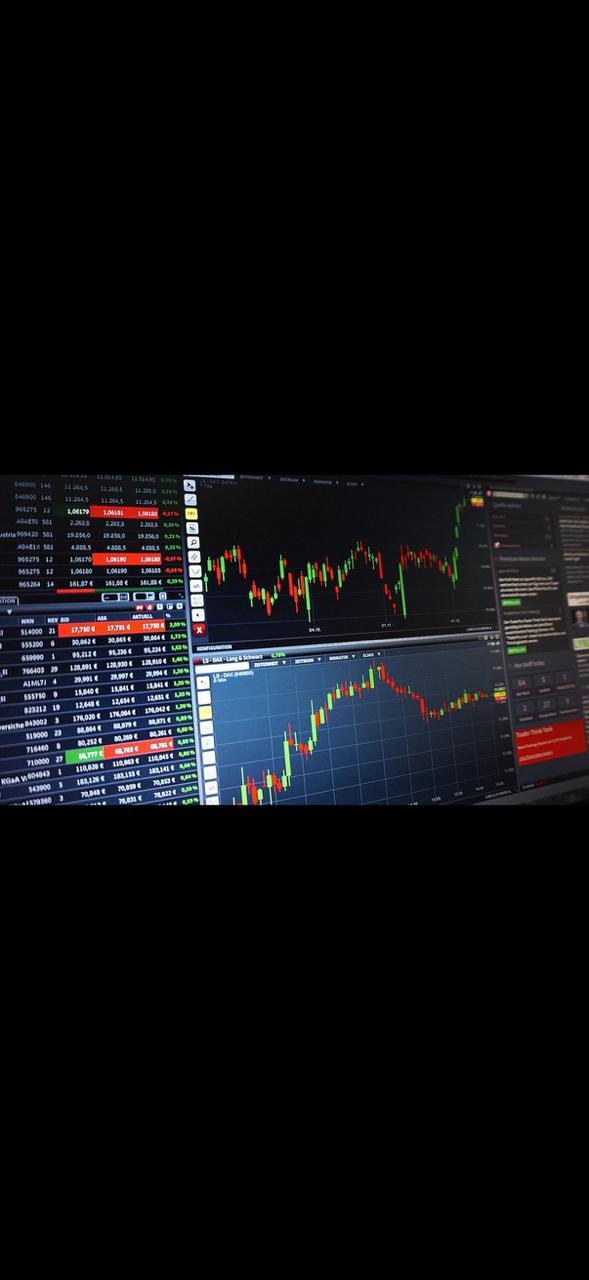What is High-Frequency Trading (HFT)? – The Future of Speed in Stock Markets

In today’s fast-moving stock market, speed is everything. The difference between profit and loss can be measured in microseconds — and that’s where High-Frequency Trading (HFT) comes in.
What is HFT?
High-Frequency Trading is a type of algorithmic trading where powerful computers execute thousands of trades in fractions of a second.
These trades are done automatically using complex algorithms that analyze market data, identify opportunities, and execute buy/sell orders — all faster than a human can blink.
Simply put, HFT uses technology + algorithms + speed to gain a competitive edge.
How Does HFT Work?
1. Algorithms are designed to detect price inefficiencies or patterns across markets.
2. High-speed data connections send orders directly to the exchange in microseconds.
3. Servers placed near stock exchange data centers (called co-location) help reduce delay (latency).
4. The system buys and sells instantly, earning small profits per trade — but in huge volumes.
Example
Suppose a stock is priced at ₹100 on NSE and ₹100.05 on BSE.
An HFT system can instantly buy from NSE and sell on BSE — making a tiny profit — but repeating it thousands of times per day, turning small gains into big profits.
Skills Needed for HFT
To understand and work in the HFT world, one needs:
• Strong knowledge of market microstructure
• Programming skills (Python, C++, or Java)
• Understanding of algorithms and quantitative models
• Basics of risk management and data analytics
That’s why learning technical analysis, derivatives, and market fundamentals becomes the first step toward understanding HFT.
Why HFT Matters
• Provides liquidity in markets
• Reduces bid-ask spreads, improving pricing
• Encourages innovation in technology and finance
However, it also raises debates about fairness, since only institutions with advanced technology can fully benefit from it.
The Future of HFT in India
With exchanges upgrading their infrastructure and regulations becoming more transparent, HFT is rapidly growing in India.
As markets evolve, traders and investors who understand HFT concepts will have an edge — not just in trading, but also in building a career in algorithmic and quantitative trading.